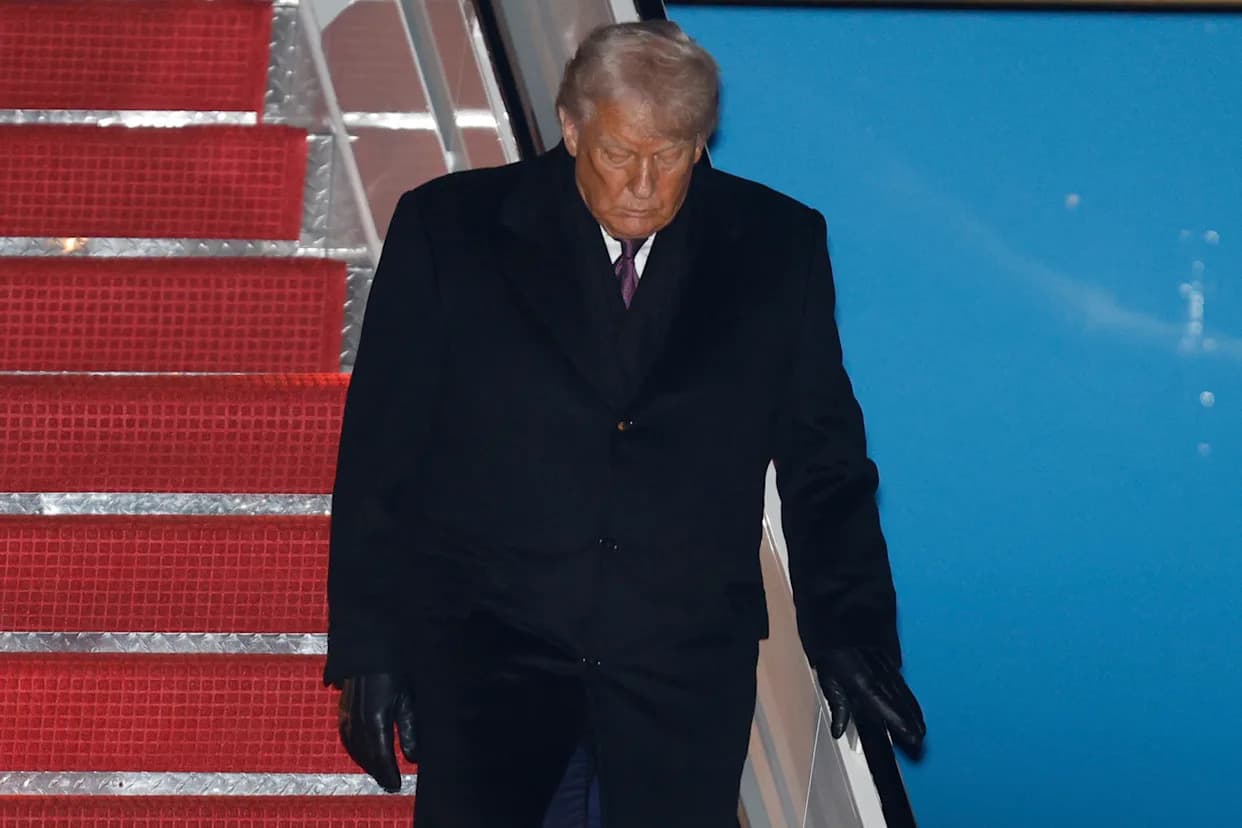The UN’s Second World Summit for Social Development in Doha adopted the Doha Political Declaration, which leaders described as a "booster shot for development" to tackle rising global inequality. Annalena Baerbock and António Guterres urged a people-first agenda focused on poverty eradication, decent work, social protection and climate action. Delegates noted gains — over one billion people have escaped extreme poverty — but warned nearly 700 million remain in extreme poverty and nearly four billion lack social protection. The summit also highlighted urgent reconstruction needs in Gaza (estimated at over $70 billion) and condemned atrocities in Sudan’s Darfur.
Doha Political Declaration Called a 'Booster Shot for Development' as UN Leaders Confront Rising Global Inequality

UN leaders endorse Doha Political Declaration as a renewed push against widening inequality
The United Nations hailed the adoption of the Doha Political Declaration at the Second World Summit for Social Development in Doha, Qatar, describing it as a "booster shot for development" aimed at tackling deepening global inequality and exclusion.
Annalena Baerbock, president of the UN General Assembly, announced the formal adoption of the declaration and stressed the need for a people-first approach. "Social development and inclusion are essential for strong societies," she said, calling on governments to "end social injustice and guarantee dignity for everyone."
"It’s unconscionable that nearly 700 million people still live in extreme poverty while the richest 1 per cent own nearly half of global wealth," UN Secretary-General António Guterres said in his keynote address. "It’s intolerable that almost four billion people lack access to any form of social protection at all."
The summit, convened to renew and expand on development goals first set at the Copenhagen Summit 30 years ago, drew significant international participation: about 40 heads of state, roughly 170 ministerial-level representatives, leaders of non-governmental organisations and some 14,000 delegates from around the world, according to the UN.
The declaration asks governments and partners to commit to concrete actions across multiple fronts, including:
- poverty eradication and expanded social protection;
- access to "decent work" and fair labour practices;
- social integration and gender equality;
- accelerated climate action that protects vulnerable communities.
Guterres acknowledged important gains over the past three decades — more than one billion people lifted out of extreme poverty, near-historic lows in global unemployment, and expanded access to health, education and social services — while warning that progress is fragile.
"The summit opens at a moment of high global uncertainty, divisions, conflicts and widespread human suffering," he said, urging greater support for developing countries and faster action to limit the destructive impacts of climate change.
Qatar’s Emir, Sheikh Tamim bin Hamad Al Thani, opened the meeting by linking social development to peace and stability and appealed for sustained international assistance for the Palestinian people in Gaza. He described the need for reconstruction funding and said that only "constant peace, not temporary settlements, is just peace."
The UN estimates that more than $70 billion is needed to rebuild Gaza. Addressing reporters, Guterres expressed his deep concern over continued violations of the ceasefire and called for all parties to respect the decisions of the first phase of the peace agreement.
The Emir also condemned the recent atrocities in Sudan’s Darfur region, expressing shock at the violence in El-Fasher after the capture of the capital of North Darfur State by the Rapid Support Forces paramilitary group.
The Doha Political Declaration is intended to galvanise renewed global commitments to social development, but its impact will depend on follow-through — financing, policy changes and international cooperation — to translate promises into measurable improvements in people’s lives.
Help us improve.



























